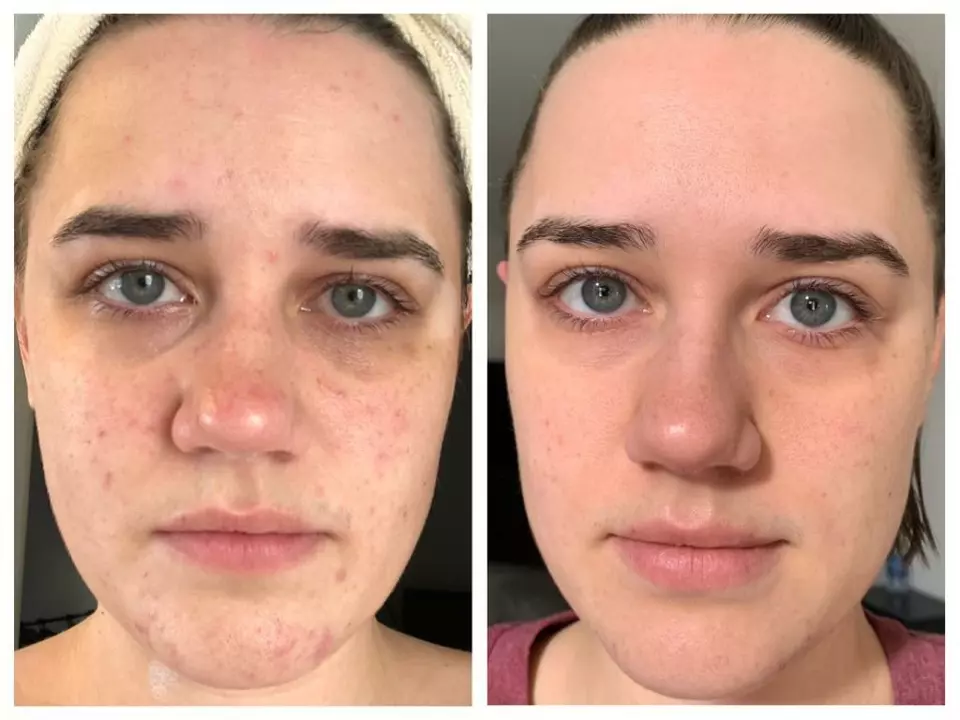Norethindrone Acetate: What You Need to Know
Norethindrone acetate is a progestin medicine used to treat conditions driven by hormonal imbalance. You’ll see it prescribed for abnormal uterine bleeding, secondary amenorrhea, and endometriosis. It’s sold under brand names like Aygestin and also appears in some hormone therapy regimens. This page gives clear, practical facts so you know what to expect and how to stay safe.
How it's used and what to expect
Doctors pick norethindrone acetate because it helps control menstrual bleeding and calms tissue growth that responds to estrogen, like endometriosis implants. Dosing depends on the problem — some people take a low dose daily, others take higher doses for a short course to stop bleeding. You’ll often notice results in a few days to weeks, but full effects on symptoms such as pelvic pain or heavy bleeding may take longer.
Follow your prescriber's instructions exactly. If you miss a dose, check the leaflet or call your clinic — sudden stops or irregular use can cause breakthrough bleeding or return of symptoms.
Side effects, interactions and safety tips
Common side effects are spotting, irregular periods, breast tenderness, mood changes, headaches, and nausea. Most are mild and improve over time. If you get sudden severe abdominal pain, very heavy bleeding, chest pain, shortness of breath, or signs of jaundice, seek medical help right away — these can be signs of rare but serious problems.
Norethindrone acetate interacts with strong enzyme inducers. Medicines like rifampin, certain seizure drugs (carbamazepine, phenytoin), and herbal supplements such as St. John’s wort can lower its levels and reduce effectiveness. Tell your doctor about every medicine, supplement, or herbal product you use.
Do not take this drug if you are pregnant. If you have a history of blood clots, stroke, active liver disease, or unexplained vaginal bleeding, discuss risks and alternatives with your doctor. Smoking raises cardiovascular risks with hormonal drugs — avoid smoking while on treatment, especially if you’re over 35.
Practical tips: keep a pill calendar or phone reminder, carry a small card listing the drug and dose, and save the patient leaflet for quick checks. If side effects bother you, don’t stop immediately — call your provider to adjust dose or try another option.
If you’re researching options, compare pros and cons with your clinician. Norethindrone acetate works well for many people, but there are other progestins and treatments depending on your goals (contraception, symptom control, fertility plans). Good communication with your healthcare team helps you get the best result with the fewest surprises.
Norethindrone Acetate and Acne: Can it Help or Hurt Your Skin?
As a blogger, I've been researching the effects of Norethindrone Acetate on acne and whether it can help or harm our skin. From what I've discovered, Norethindrone Acetate is a synthetic progestin hormone, often used in birth control pills, which has the potential to both improve and worsen acne. Some studies show that it can help clear up acne by regulating hormonal imbalances, while others suggest it might trigger breakouts in certain individuals. It's important to remember that everyone's skin and hormonal makeup is different, so the effects of Norethindrone Acetate on acne will vary from person to person. If you're considering using this medication for acne treatment, I would recommend consulting with a dermatologist to determine if it's the right option for your skin type and condition.

